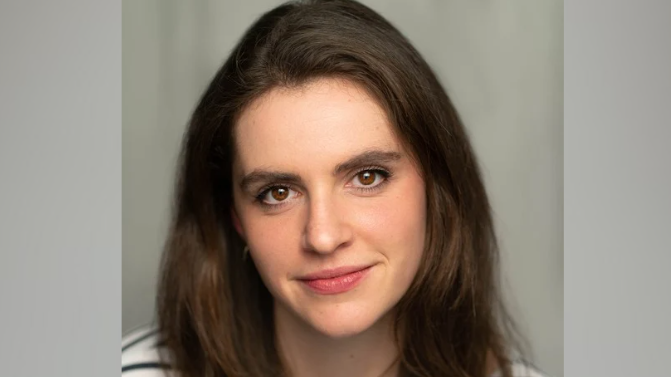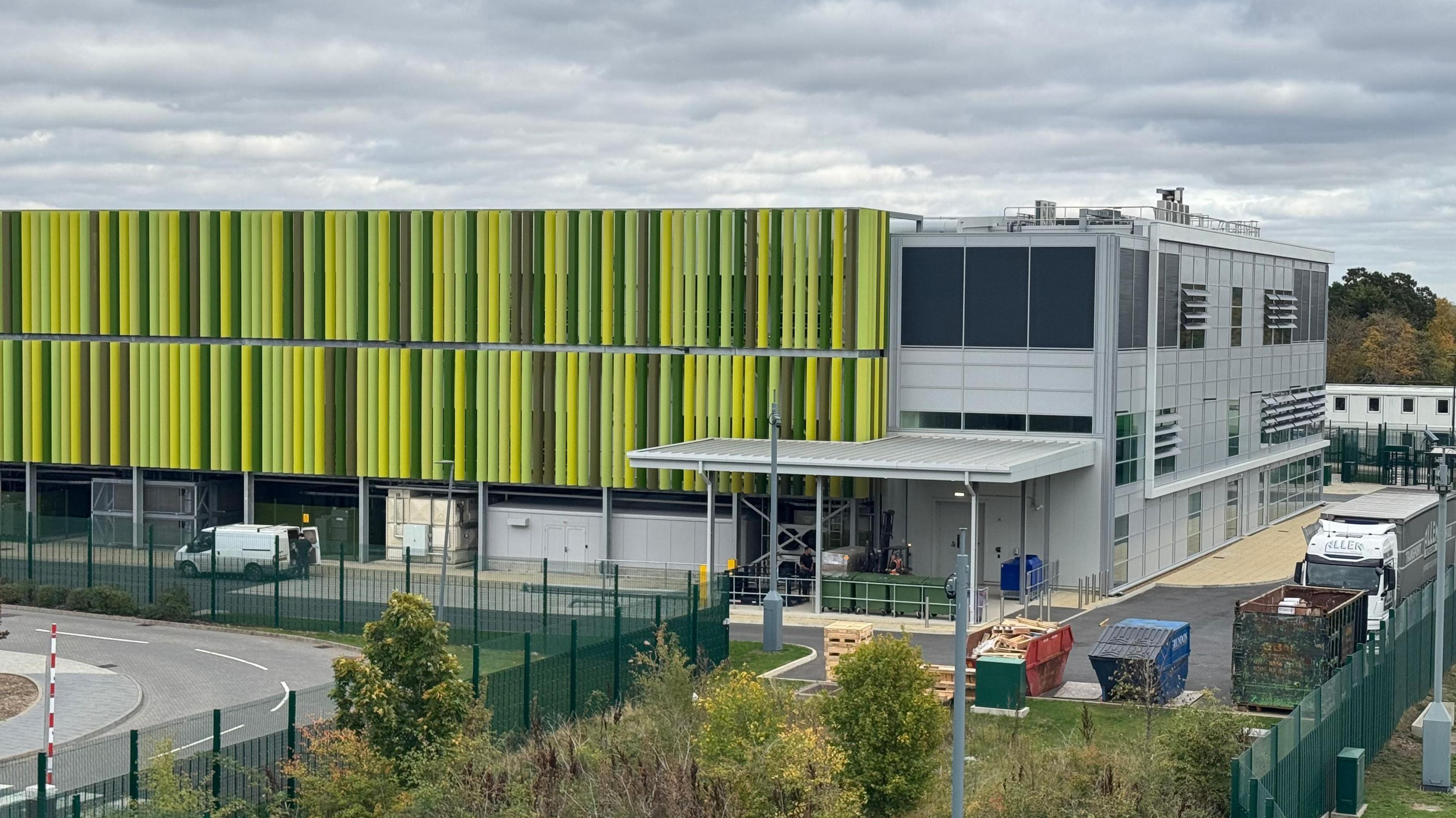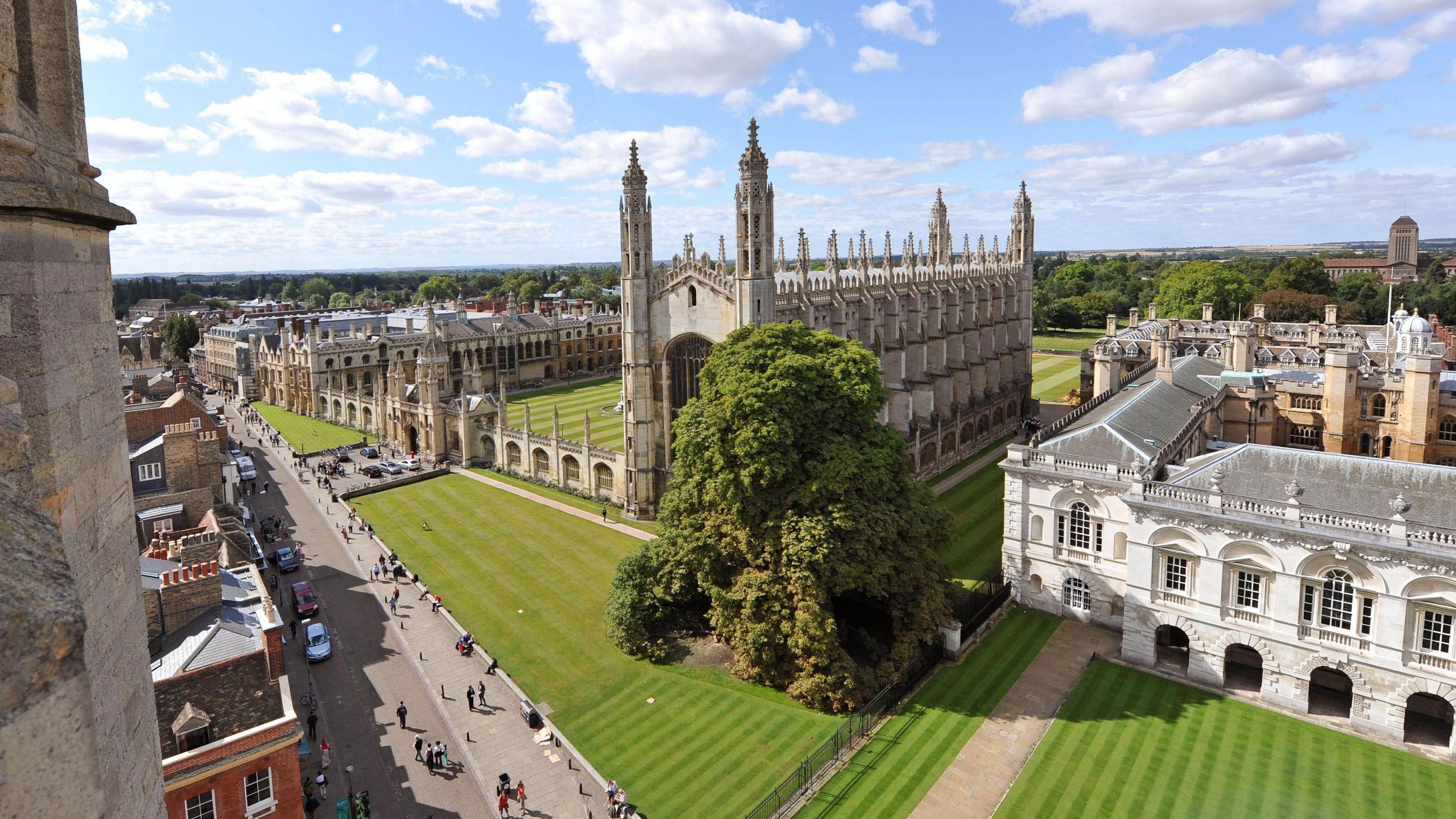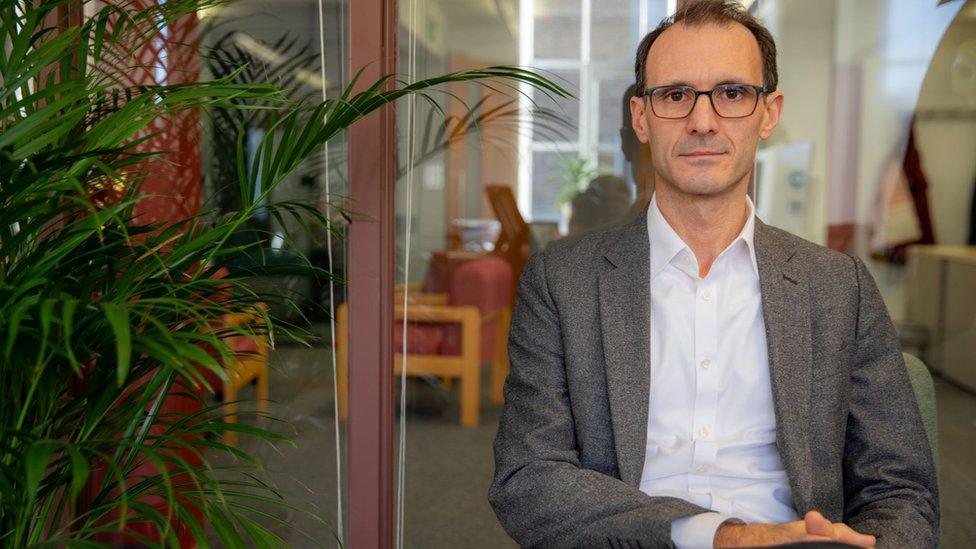Novelists are worried AI could replace them

Dr Clementine Collett said novels were a "core part of the creative industries"
- Published
Novelists are worried that artificial intelligence (AI) could take their jobs, according to a report.
It found that about half of them said AI could "entirely replace" their work.
Dr Clementine Collett, of the Minderoo Centre for Technology & Democracy (MCTD) at the University of Cambridge, surveyed 332 authors for the report.
"There is widespread concern from novelists that generative AI trained on vast amounts of fiction will undermine the value of writing and compete with human novelists," she said.
The report found that 97% of novelists were "extremely negative" about the notion of AI writing complete novels.
About 40% said AI had already hit the income they received from other work they did to support their novel-writing.
Dr Collett, who published the document in partnership with the Institute for the Future of Work, said: "Many novelists felt uncertain there will be an appetite for complex, long-form writing in years to come."
Meanwhile, many authors said they had found books that falsely claimed to have been written by them, and about 60% of those who took part in the study said their work had been used to train AI large language models without their permission or payment.
"Copyright law must continue to be reviewed and might need reform to further protect creatives," Dr Collett said.
"It is only fair that writers are asked permission and paid for use of their work."
'Not collateral damage'
In the report, four in every five respondents agreed that AI offered benefits to society.
However, they called for fair use of their work alongside support from the government.
Prof Gina Neff, executive director of the MCTD, said: "Our creative industries are not expendable collateral damage in the race to develop AI. They are national treasures worth defending."
A Department for Science, Innovation and Technology spokesperson said: "We've always been clear on the need to work with both the creative industries and the AI sector to drive AI innovation and ensure robust protections for creators."
Get in touch
Do you have a story suggestion for Cambridgeshire?
Follow Cambridgeshire news on BBC Sounds, Facebook, external, Instagram, external and X, external.
Related stories
- Published3 days ago

- Published3 March

- Published21 November 2023

- Published1 day ago
